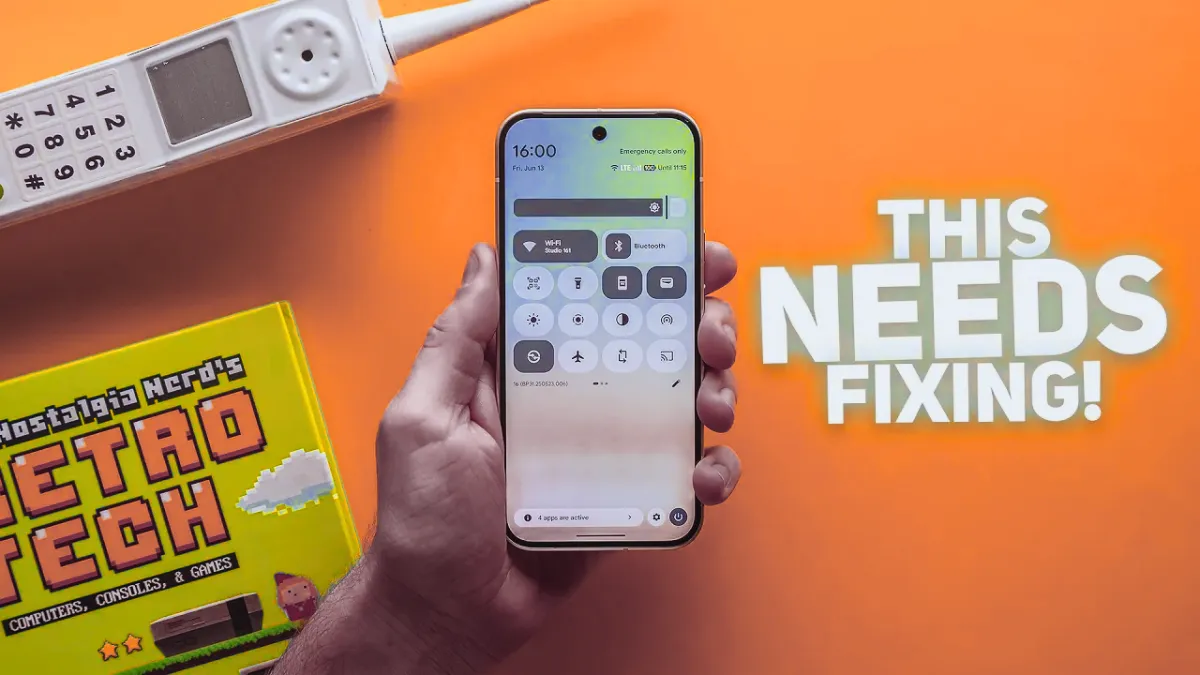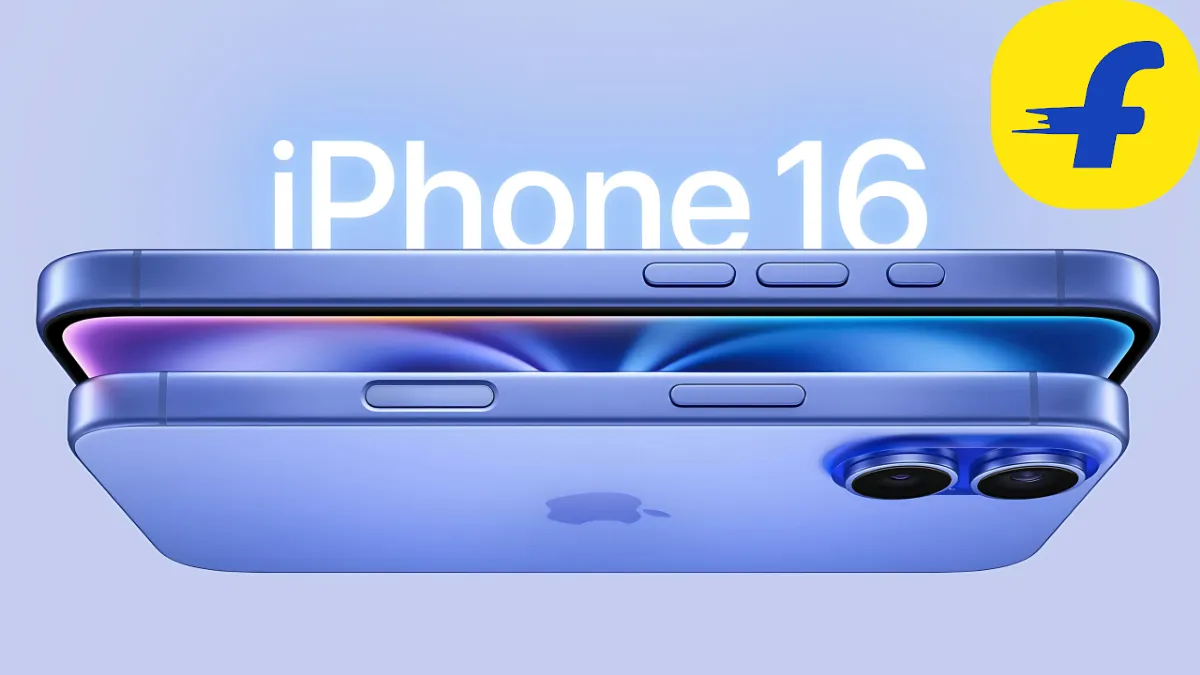Android 16 has just hit the market, but it’s not all smooth sailing. While the new version promises enhanced features and smoother performance, there are some performance issues that users are starting to notice. Before you upgrade, it’s important to know about these problems and whether they could affect your experience with Android 16. Let’s dive into the details!
Overview: What’s New with Android 16?
Android 16 comes with a lot of new features designed to improve user experience — including a redesigned UI, improved security, and enhanced AI integrations. However, despite these exciting additions, performance issues have started to emerge. These problems may affect everything from app speed to battery life and system stability.
Common Performance Issues in Android 16
- Lag in App Launching: Many users have reported experiencing delays when opening apps, especially third-party ones. Although Android 16 is supposed to offer faster app launches, some devices are facing noticeable lag.
- Battery Drain: One of the most common complaints is battery drainage. While Android 16 is supposed to optimize power usage, some users are finding that their phones are consuming battery more quickly than expected.
- Slow UI Transitions: Some devices are experiencing slow or stuttery UI transitions, especially when switching between apps or navigating through the home screen. This can detract from the smooth experience Android 16 promises.
- App Crashes: Some apps are crashing unexpectedly, especially apps that were not updated for Android 16’s new system requirements. The increased demand on system resources can cause stability issues, making apps crash more frequently.
- Excessive Heating: In some cases, users have noticed their devices heating up more than usual, especially during gaming or heavy multitasking. While it’s not an issue for everyone, it can be a concern for long-term device performance.
How to Fix These Performance Issues
If you’re facing performance issues with Android 16, here are some tips to improve your experience:
- Clear Cache: Try clearing the cache of problematic apps or the system cache to reduce lag and improve overall performance.
- Battery Optimization: Use Android’s built-in battery optimization tools to reduce power consumption. You can also switch off battery-draining features like location tracking or background data syncing when not needed.
- Update Apps: Make sure all apps are updated to their latest versions to ensure they’re compatible with Android 16 and optimized for performance.
- Disable Animations: Turning off some visual animations can help improve the speed of the UI. You can find this option in the Developer Options section.
Should You Upgrade to Android 16?
While Android 16 brings exciting features, these performance issues may be a deal-breaker for some users, especially those who rely heavily on their smartphones for work or gaming. If you’re experiencing major issues, it might be worth waiting for a few patches or updates before upgrading.
However, if you’re eager to try out the new features and can deal with minor performance glitches, Android 16 still offers a lot of potential and a better experience than previous versions.
Conclusion: Android 16 is a step forward in many ways, but it’s not without its problems. While performance issues like lag, battery drain, and app crashes can be frustrating, they are likely to be addressed in future updates. If you’re encountering these problems, consider waiting for fixes or try the solutions we’ve listed above to improve your experience.
Disclaimer: Android 16 performance can vary depending on your device model, so it’s important to check for updates and report any significant issues to Google or your device manufacturer.
Read More:
- HONOR Magic V5 Unveiled: Massive Upgrades, But Can It Compete With the Z Fold7?
- OnePlus 11 Pro: 200MP Camera and AMOLED Smoothness with a Premium Battery Setup Is It the Ultimate Flagship?
- Unlock Hidden Android 10 Apps: Power Users’ Secret Features You Must Try
- HUAWEI Pura80 Ultra: 200MP Cameras and Mind-Blowing Features You Have to See!
- Oppo K13 Turbo Series with RGB Lighting and Fan Confirmed to Launch in China on July 21






